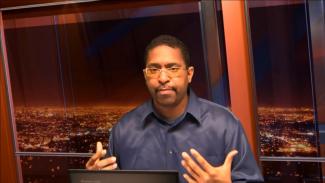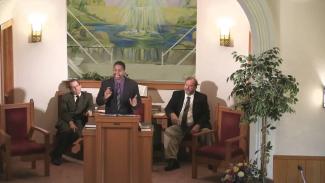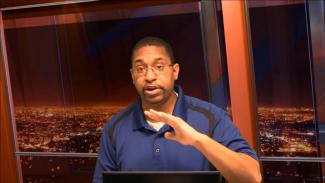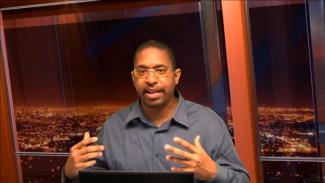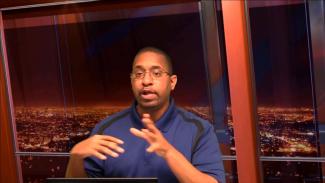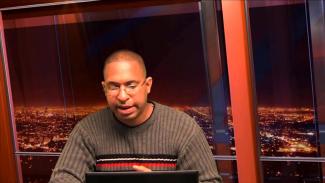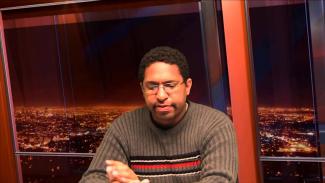Jeremiah's words had come to pass. The Babylonians had invaded and taken captives of the people of Judah. A remnant remained and new challenges arose for the nation. The people asked Jeremiah to inquire of the Lord for them. What words of warning did the prophet have for the people? How did they respond? What lessons can we learn from them today? Why was it wrong to seek safety in Egypt? In what ways do we tend to go back to Egypt today? What do these stories teach us about how we should relate to God's Word?
2015 Broadcasts
Choose from all 2015 broadcasts or select a topic from the menu.As Jeremiah's ministry continues, his experience parallels that of Jesus. He is rejected, his warnings despised, he is falsely accused, and sentenced to death. How does God bring Jeremiah through this experience? How are things similar in our time? Why do people reject warnings? Was Jeremiah's message all about doom and gloom or was there hope in his words? Was the message of repentance unique to Jeremiah? Or, was it uniform among the prophets, apostles, disciples of Jesus, and Jesus Himself? Can a Christian avoid the topic of the judgment?
The Bible uses many symbols in both the Old and New Testament. What can these symbols teach us today? Why did the nation of Judah practice the most grievous sins of the surrounding nations? What symbols were used in the Old Testament? How did Jesus use symbols in His ministry? How are symbols used in the prophetic books of the Bible? This week we'll be focusing on symbols in the book of Jeremiah and how God used those symbols to communicate with His people and warn them.
Jeremiah has a very human response to his pain and suffering resulting from being rejected as he spoke the Word of the Lord. What lessons can we learn about suffering and going through hardship resulting from standing for our faith? Will God's people today have a similar experience? What did Jeremiah learn about his weaknesses and what God does in spite of human weakness? How did Pashur respond to Jeremiah? What was God trying to say to the people of Judah? Is prophecy conditional or always fulfilled once a prophet utters the words?
Jeremiah brought a message of rebuke to the people of Judah. Because this was not a popular message, he met a lot of opposition. As people planned to do him harm God was with him to deliver him. Why did so many reject the warnings of the prophet? How does this still happen, even in our time today? Why were people more willing to listen to false prophets? If God hadn't sent them, who did? Why was Jeremiah told not to pray for the people? Are there limitations to God's mercy? If so, what happens when those limits have been reached? Is repentance always genuine?
Who were the last five kings of Judah? How did God reach out to them? What was there response to the message of Jeremiah the prophet and God's Word? What lessons can we draw from this for our time today? What made many of the kings of Judah so stubborn? How was Josiah's reign different? What did Josiah do during his reign that contrasted the other kings and what message does that hold politicians in today's time? In this lesson we cover Josiah, Jehoahaz, Jehoiakim, Jehoiachin, and Zedekiah. We explore the events that led to the Babylonian captivity and the parallels with today.
Why is humanity in crisis? How does this crisis impact the lives of God's people? In what way did Jeremiah face this crisis in his time? How does this relate to challenges the church faces from both the secular world and within the church itself? In what ways can challenges from within be worse than challenges without? In what ways did the history of Israel and Judah show crisis from within? Why did God punish His chosen people through other nations? What was God trying to teach them? As we explore the book of Jeremiah, we will see how many things parallel today.
This week we start a new quarter on the book of Jeremiah the Prophet. How was this prophet called? What can we know about his background and ministry? What exactly is a prophet's job? What kinds of messages does God send through prophets? How does God communicate with prophets? Are they always willing to accept the call? Will people readily accept their message? In what way was Jeremiah's experience similar to that of Jesus? This week we take our first look at Jeremiah.


